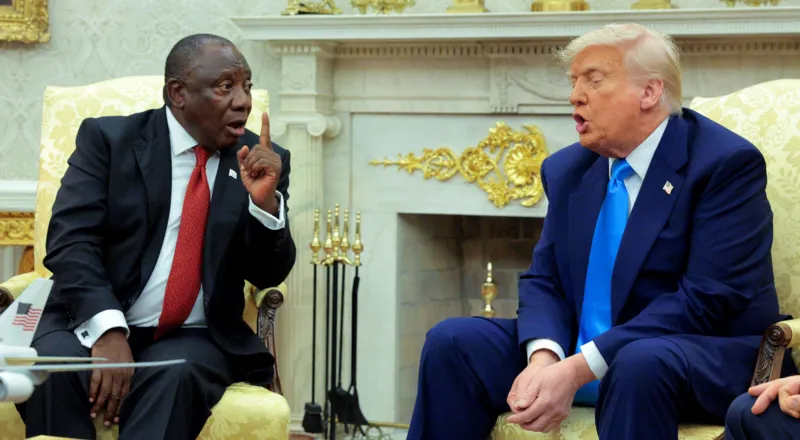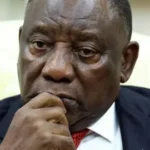In a startling diplomatic episode, U.S. President Donald Trump has publicly accused African leaders of persecuting Afrikaners, a minority group in South Africa. This claim, which emerged during a rally in 2024, has sparked widespread debate and raised questions about its accuracy and geopolitical implications. To understand the gravity of this incident, it’s essential to examine the facts, context, and the reactions it provoked.
The Claim: What Did Trump Say?
During his speech, Trump stated that “Afrikaners are being persecuted and oppressed in South Africa,” alleging that the government and local mobs target the historically white minority for violence and discrimination. He suggested that this persecution was comparable to or worse than South Africa’s apartheid era, asserting that the international community should intervene to protect Afrikaners.
The Context: South Africa’s Demographic and Political Landscape
South Africa is known for its complex history of racial segregation under apartheid, which officially ended in 1994. Since then, the nation has made strides toward racial reconciliation, but challenges remain. Crime rates and economic inequality continue to be issues, often affecting all communities regardless of race.
The Afrikaner community, descendants of Dutch, German, and French settlers, represents a minority—approximately 4% of the population—yet they retain significant cultural influence. Some segments of the Afrikaner population have voiced concerns about crime and land reforms, but these concerns are often linked to broader debates over economic inequality and social justice.
Fact-Checking Trump’s Claim
Multiple credible sources and human rights organizations have investigated allegations of Afrikaner persecution. According to Human Rights Watch and Amnesty International, there is no evidence to suggest systematic persecution or violence targeting Afrikaners in South Africa comparable to apartheid-era discrimination.
South Africa’s government, led by the African National Congress (ANC), has implemented policies aimed at redressing past inequalities, including land redistribution and affirmative action. These policies have faced criticism from some communities, including some Afrikaners, who feel marginalized, but this does not constitute persecution.
Furthermore, the South African Police Service and independent watchdogs report that violence is primarily driven by crime, economic hardship, or political disputes, rather than targeted racial or ethnic persecution. International observers have not documented any significant or systematic violence against Afrikaners that would justify claims of persecution.
The Geopolitical Implication: Ambush or Misinformation?
Trump’s statement appears to be an overstatement or mischaracterization rather than a reflection of verified facts. Some analysts suggest that the former president’s comments aimed to rekindle support among certain voter bases by invoking racial and geopolitical themes. Others see it as an attempt to influence South Africa’s diplomatic relations or to shift attention from domestic issues.
This incident also underscores the risks of misinformation in international diplomacy. Spreading unverified claims can inflame tensions, distort realities, and undermine trust between nations. South African officials swiftly responded, dismissing Trump’s assertions as “misguided and unfounded,” emphasizing that such claims could harm diplomatic relations and diplomatic efforts.
Conclusion: A Cautionary Tale of Misinformation and Diplomacy
While concerns about social issues in South Africa are valid and deserving of international attention, claims of systematic Afrikaner persecution lack factual backing. Trump’s assertion appears to be an exaggerated and potentially misleading statement, highlighting the importance of relying on verified information when discussing sensitive international issues.
In an interconnected world, misinformation can have serious consequences. Diplomacy and dialogue are grounded in facts, and it is crucial for global leaders and the public alike to scrutinize claims, seek credible sources, and foster understanding rather than division. As this episode unfolds, it serves as a reminder of the need for responsible communication in shaping international perceptions and relationships.
Email Us on editorial@nnafrica.com













